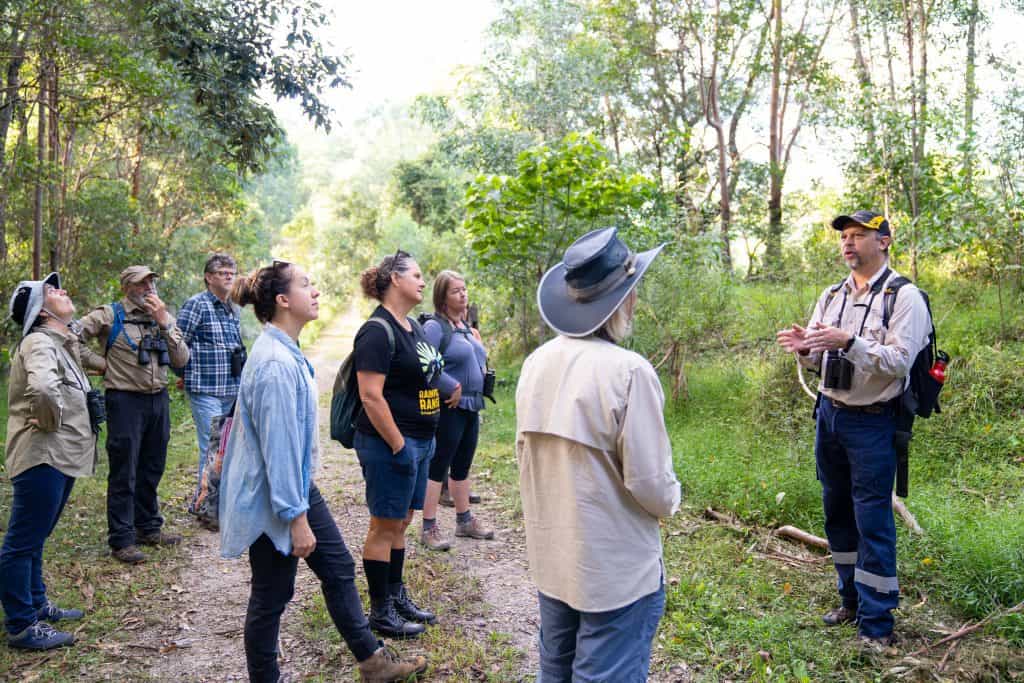Understanding people’s motivations for volunteering is critical to developing a successful volunteer engagement program.
Dr Mark Snyder is a psychologist well known for his research into volunteerism. He and his colleagues have identified five primary motivations for volunteering: values; community concern; esteem enhancement; understanding; and personal development.
Once you’re aware of these five reasons for volunteering you can craft a volunteering program that will recruit the right people, and keep them on board as long as possible.
The five reasons why people volunteer
1. Values
This is about people’s connection to a cause.
These volunteers are connected to your mission and vision. They understand what it is you’re trying to achieve and they’re committed enough to invest their time and talent. Their primary purpose for volunteering is to help you deliver outcomes – deliver your mission.
If you’ve got volunteers who’ve joined your ranks because they share your values, then you need to ensure you’re telling them about the impact of their work. Because this is what will motivate them to stay on board. And keeping a great volunteer is much easier than finding a new one.
2. Community concern
This is where people provide support to a particular geographical area or social issue impacting that area. These people generally have a strong connection to an issue tied to a place. They’re passionate about their neighbourhood or their town or city and they’re prepared to chip in to make it more liveable, more socially just, better all-round.
These people might be keen to meet like-minded volunteers from the same geographical community, or be interested in hands-on activities that contribute to a sense of place. Because communication is always a two-way street, these volunteers will also have a wealth of knowledge to impart about being a member of the community you’re serving. That’s a big asset for grassroots not-for-profit groups.
3. Esteem enhancement
Feeling better about yourself and the world around you.
Boosting self-esteem is a well known benefit from volunteering, so it’s no surprise that some people seek it out to feel better about themselves. You can maximise this motivation by communicating well about how important your volunteers are to your outcomes, and by genuinely recognising and publicly recognising their contribution.

4. Understanding
To learn about other people, cultures or places.
If people are joining your volunteer program because they want to enhance their understanding of the people you’re serving and the places you’re protecting, then you should make some effort to curate events that meet their needs. Unearth local treasures, hold movie nights, connect them with others who want the same thing, plan presentations and workshops to grow their understanding. These volunteers might even be keen to help plan these sorts of activities.
5. Personal development
The desire to challenge yourself, meet new people or further your career.
It’s not unusual to have a cohort of volunteers that want new skills so they can change careers, or who’ve just finished a course and are looking for hands-on skills to complement. Make introductions, help them challenge themselves, open doors for fresh university recruits.
How to know what motivates your volunteers
The best way to know what your volunteers want is to ask them. You can do this when they first make an enquiry. Be specific: “what’s your motivation for volunteering with us?” You’ll be surprised how people respond. And their answers will help you craft the best volunteer program ever.
Volunteering also comes with a whole host of gains for those putting their hands up. Read our post on the benefits of volunteering here.
